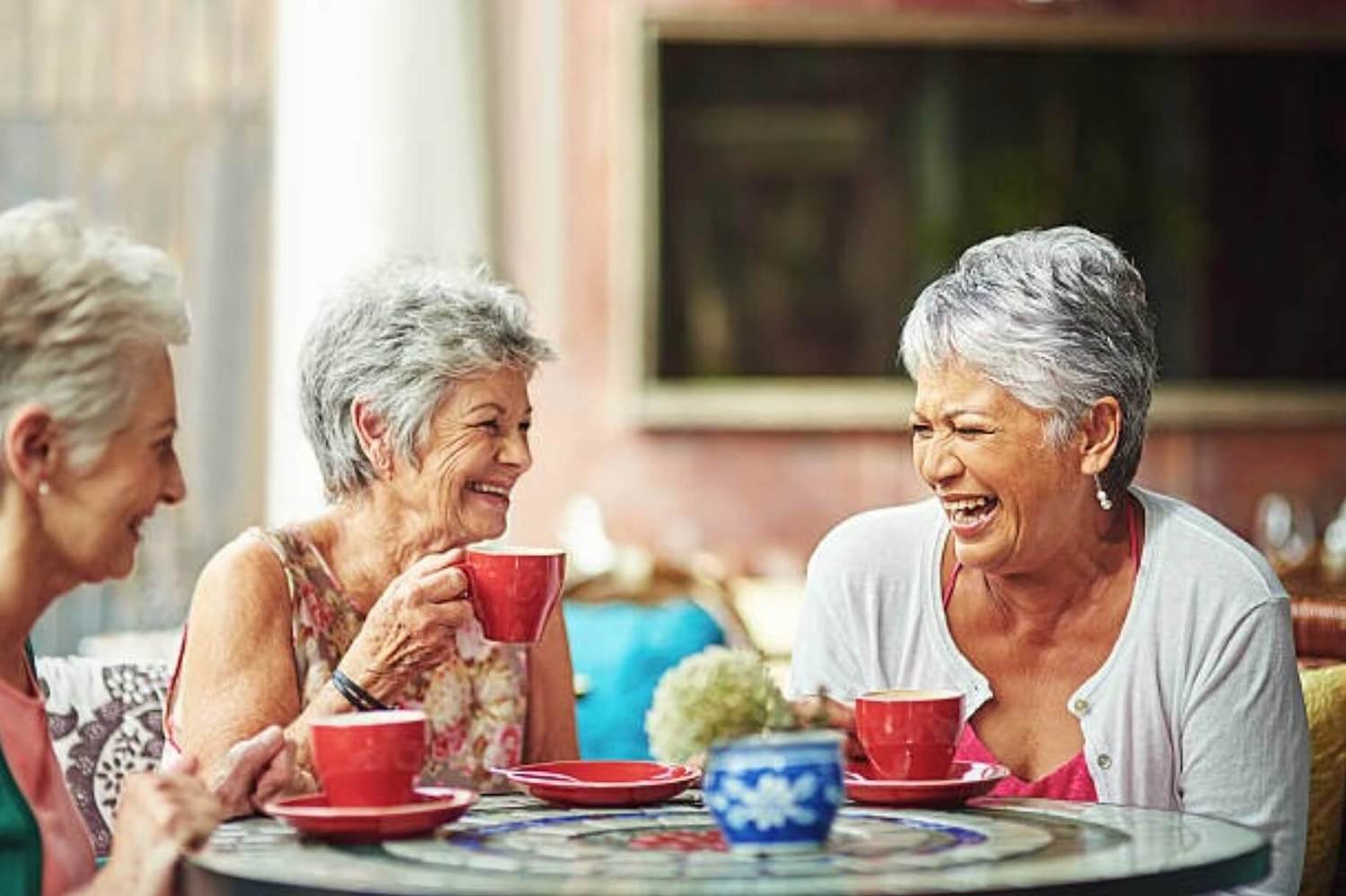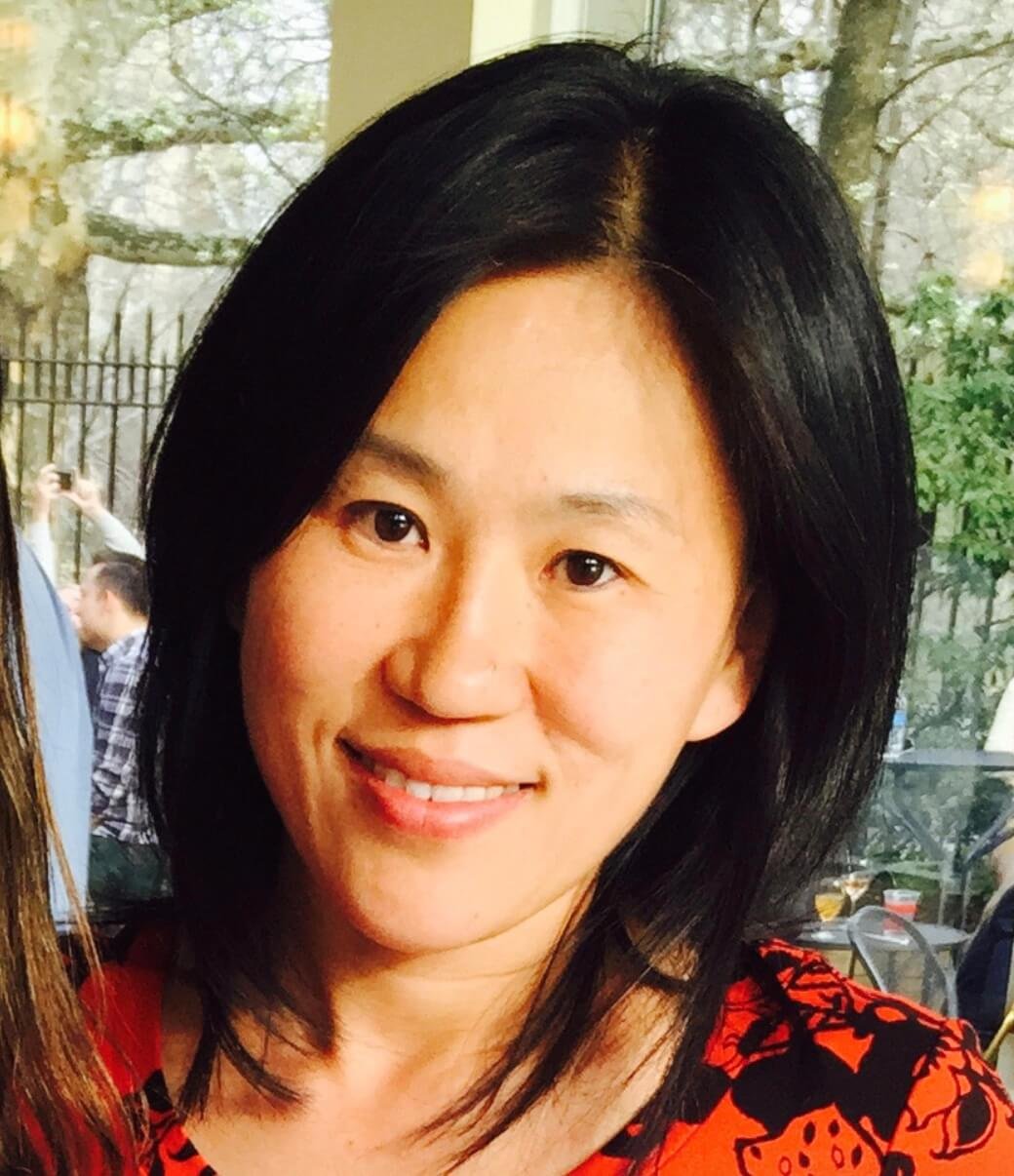Kaffeeklatsch - A Unique Women’s Social Group
My husband is German. Before the pandemic hit, we would travel each summer to visit my in-laws. This year, after our family all got vaccinated, we decided to make the trip and visit Germany since we hadn’t seen them for almost 2 years due to Covid.
It was touching to see my husband and his parents reunite. At our first dinner together, we all shared our pandemic experiences and swapped stories of how this global disaster has impacted us individually.
My mother-in-law had recently started seeing her “Kaffeeklatsch” girlfriends again, for the first time in 10 months, since Covid restrictions forced the social group to stop meeting in-person.
I only recently became familiar with the German/Yiddish word “Klaatch” when I met Adam Greene, CEO and founder of a company based in NYC called Klaatch. Shortly after meeting Adam, I began to work with the company and have now become passionate about its mission to overcome the staggering burden of loneliness on older adults. Social programming and social clubs are a great method to reduce loneliness and enhance connection, so I naturally was excited to hear more about my mother-in-law’s group and what being a member of the Kaffeeklatsch means to her.
My mother-in-law shared that she had joined her Kaffeeklatsch 36 years ago when she was only 32, after her coworker had invited her to participate. In total there were 10 women in the group. These women saw each other through life events, sweet and tragic. They were able to put aside their roles as wives or mothers and just focus on being themselves and building life-long friendships based on true connection and comradery.
In a typical Kaffeeklatsch, the women take turns hosting monthly meetings. The event usually starts around 5pm. First, the women have coffee and cake while simply chatting and catching up. Then the hostess serves a main course around 7pm. The whole event typically lasts until 10pm. The women skip 2 months of the year, December for Christmas and April for Easter, so on average they have 10 Kaffeeklatsch events a year with each member hosting once.
My mother-in-law’s Kaffeeklatsch not only holds dinner events, but the women also organize group trips. Each month every Kaffeeklatsch member puts aside 50 Euros in a special travel savings account. After 3 years, each woman has contributed 1800 Euros. They then collectively take that money and embark on a group trip. Covid caused the group to skip the last trip. Consequently, they saved more money so in the next 3 years they can travel every year, which my mother-in-law is very excited about!
As in any aging group my mother-in-law’s Kaffeeklatsch has lost 2 members, who both passed away in their 80’s. The remaining 8 women have a strong bond with one another and feel deeply comfortable with their circle and don’t want to add new members at this time. The women left are on the younger side. My mother-in-law is in her late 60’s and there are a couple members in their 70’s. One of the members is still working and the rest are all retired. Their Kaffeeklatsch serves as a place of belonging, a respite where the women feel at home, supported and amongst friends.
Many countries today have an aging society where loneliness and social isolation are rampant and it has a massive impact on seniors’ health and life expectancy. The kind of stable social networking like my mother-in-law’s Kaffeeklatsch is invaluable. It provides social bonding and meaningful connection to each member.
In my position at Klaatch I like to evaluate various social models around the world, find what makes each one work and how different cultures support their aging population. As a data scientist, who is designing and developing products to gain insight about loneliness , I am fascinated by how different cultures create community and learn what works and what doesn’t in combating the loneliness epidemic.
Looking at my mother-in-law’s Kaffeeklatsch, I identified a few elements that contributed to a successful social group:
The women all joined the group early in life (all in their 30’s and 40’s)
The women shared similar social backgrounds
There was reciprocity--the women all played the role of host and the role of participant
The group is democratic--the members make decisions together
Travel or special events create lasting memories that bind and support enduring friendships
Jing Jia, CIO @ Klaatch.com
A former Quantitative Researcher with 20+ years of experience. Expertise in pattern recognition and model development.
Passionate in utilizing data analysis in the field of social science in order to develop products with a social impact.



